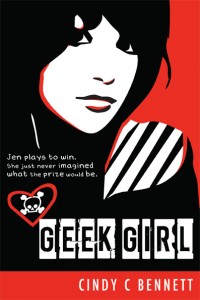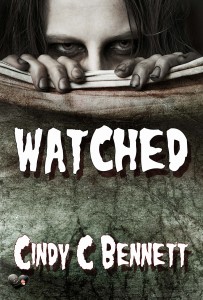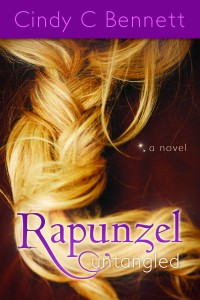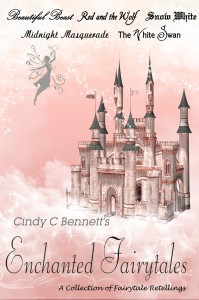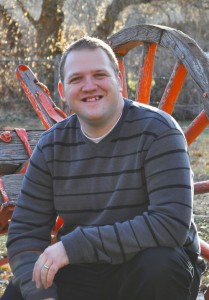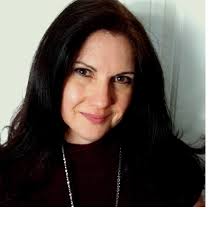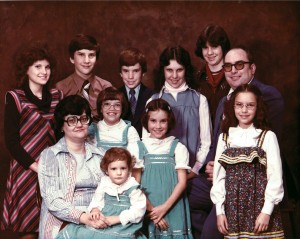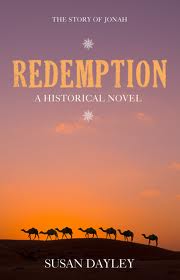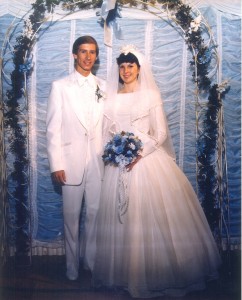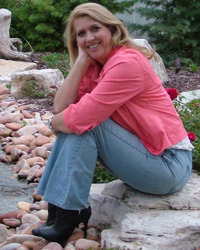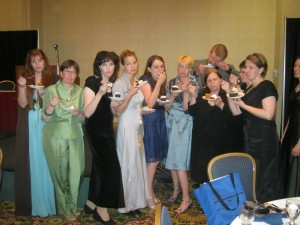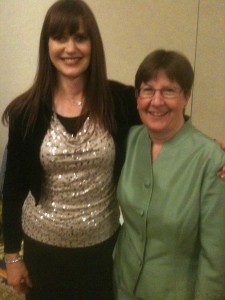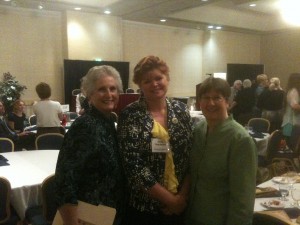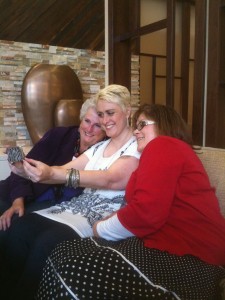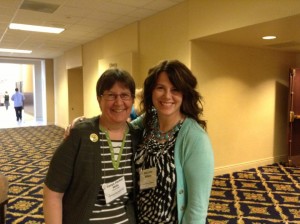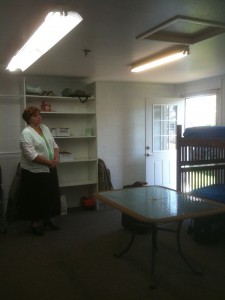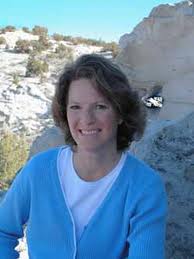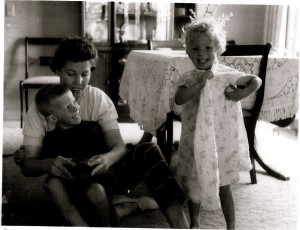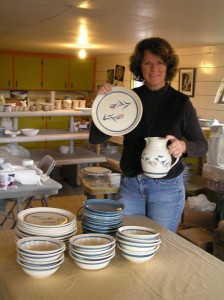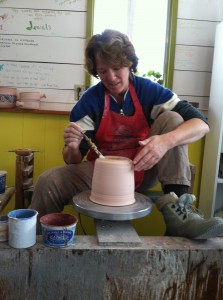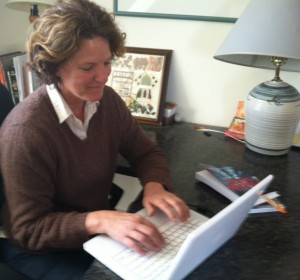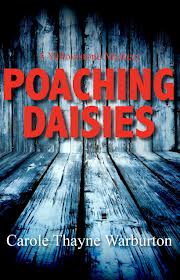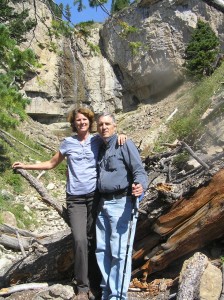I pulled a switch to accommodate the needs of one of my scheduled authors, so we’re visiting today with historical fiction writer, Chris Jefferies, instead of fantasy author, Karen Hoover. But I promise–she’ll be here next Wednesday.
In the meantime, let’s get to know Chris better, shall we? This is an award-winning writer (a bronze medalist for Best Regional Fiction by the Independent Book Awards) who, like me, came a bit late to the game. But that doesn’t mean he doesn’t know his stuff. He does.
 ME: How old were you when you wrote your first story, and what was it about? (Also, I’d love a picture of you as a child to post with the interview.)
ME: How old were you when you wrote your first story, and what was it about? (Also, I’d love a picture of you as a child to post with the interview.)
(Note: I asked that question assuming that he, like most of us, had first tried his hand at creating a story in elementary school . . . No such luck, but he was such a cute kid that I’m posting the picture anyway.)
 (Here he is at 3 and he’s already showing an interest in the military!)
(Here he is at 3 and he’s already showing an interest in the military!)
CHRIS: I first began writing seriously during my Air Force career when my bosses discovered I could write. (Notwithstanding the picture above, this was not when he was three. :D)
That led to writing for professional journals and other periodicals over the years. I’ve always enjoyed reading novels, particularly historical fiction, and over a period of time I began reading them with a critical eye. I finally concluded I could write better than many of the authors I was reading. I wrote my first story during my early 60s. That story became the first ZION’S PROMISE book.
ME: Where did you grow up and how has it impacted you as a writer?
CHRIS: I grew up in Oakland, California, where my parents moved from Utah during the late 1930s, but my family roots remained in Utah, particularly Grantsville. That’s the town, on Utah’s western frontier, where almost all of my ancestors settled after emigrating from England during the mid-1800s. So I grew up with a keen awareness of my Mormon Pioneer heritage which, in turn, influenced my writing.
(More about that later. But here’s a picture of the land around Grantsville.)
ME: Please fill us in on your education and career up until the time you decided to begin writing the ZION’S PROMISE series. (And I hope you won’t mind if I post a picture of you in your Air Force uniform . . . as an adult, that is.)
CHRIS: I am a career Air Force officer and a retired colonel. Spanning 28 years, my career includes 8 years flying world-wide airlift missions, a tour flying C-130s in Vietnam, a tour as an exchange officer with the British Royal Air Force, five years on the faculty of the US Air Force Academy, service at NATO headquarters in Brussels, Belgium, and two tours in Washington, D.C. (Okay, I’m officially tired.)
After retiring from the Air Force, I served as an administrator at the University of Oklahoma, and then as the Executive Director of the Chisholm Trail Heritage Center and museum. (Wait! What about retirement? The Air Force didn’t wear you out?)
My educational degrees are from BYU, a Master’s from the University of Pittsburgh, and a PhD from the University of Oklahoma. (Envision a snappy military salute to Dr. Jefferies at this point.)
 (He looks like someone with a PhD, doesn’t he?)
(He looks like someone with a PhD, doesn’t he?)
ME: It’s apparent that history is important to you. After all, you’re a western historical fiction writer and you currently serve as editor of Prairie Lore, the journal of the Southwest Oklahoma Historical Society. Why does history matter so much to you?
CHRIS: I’m not sure why, but history has always fascinated me. (Me too.) I have always chosen history when given a choice of reading materials. As I grew older I began to appreciate that we are who we are because of our history. It defines us as families and individuals. I firmly believe that our ancestors influence us even today, often by whisperings of the spirit. (Agreed.)
 ME: What gave you the idea for ZION’S PROMISE, and did you envision it as a series to begin with?
ME: What gave you the idea for ZION’S PROMISE, and did you envision it as a series to begin with?
CHRIS: No, I did not envision my first book as a series. It just happened. The idea for ZION’S PROMISE grew from two sources.
First, my great-great grandfather’s journal. As I read his accounts, I was intrigued by his adventures, many of which surpassed those I had read in historical fiction novels over the years. (Hint to readers: you might be well-advised to start digging through your attics for your ancestors’ journals.)
The second idea grew out of my admiration for Porter Rockwell, one of the unsung heroes of Mormon history. He is a fascinating character, and the factual accounts of his exploits read better than a novel. When I realized that he and my great-great grandfather were contemporaries, whose paths had crossed, I concluded I had the source material for a novel.
ME: Does the story change through the course of the series and, if so, how?
CHRIS: The story line is the adventures, trials, sacrifices and triumphs of a Mormon family emigrating from England in 1861 to join the Mormon Zion in Utah Territory in search of the blessings and opportunities it offers. That continues throughout all three volumes.
 The events evolve more than change as they emigrate, settle on Zion’s western frontier, and struggle to establish their own Zion in the face of adversity and challenges.
The events evolve more than change as they emigrate, settle on Zion’s western frontier, and struggle to establish their own Zion in the face of adversity and challenges.
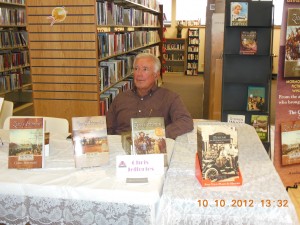 (And here’s the author at a signing)
(And here’s the author at a signing)
ME: You’ve described yourself as a “rut-nut.” Could you explain exactly what you mean by that, and please share one of your most memorable experiences in your exploration of the western migration trails. (And I must have a picture of you out on the trail.)
CHRIS: A “rut-nut” is a self-descriptive term for one who seeks out and follows old frontier trails and roads, looking for evidence of those who originally traveled the trails.
My most memorable experience was standing on a stretch of Mormon Trail ruts in Wyoming with my father, and both of us realizing that our direct ancestors passed by that very spot. It was as though they were whispering to us.
 (Here they are on the spot. What a resemblance between father and son!)
(Here they are on the spot. What a resemblance between father and son!)
ME: Please describe your research and writing process. Does one precede the other or do they go hand in hand for you?
CHRIS: Before I begin writing, I research as much general background material relevant to my intended story as I can until I feel confident enough to start. For example, before I began volume 3, in which I describe Colonel Conner and his California volunteers sent to Utah Territory at the beginning of the Civil War, I researched what life was like for the frontier soldier. Then, as I got into writing, I referred to contemporary journals and accounts by actual soldiers of the Volunteers. So the answer is both: research begins before I write, and continues during the process.
ME: What are five things you have on or near your writing desk that make your creative space special? (And please send a photo of your writing space.)
CHRIS: I don’t think I have anything special in my writing space, except a good dictionary and thesaurus. And, of course, stacks of books . . . Oh yes. (You see, I knew there’s be something.) There is one special item: a needlepoint that Betty, my wife, sewed for me years ago. I still like to look at it.
(Drat! The only picture I could find of him at a desk doesn’t show the needlepoint. I wonder if it’s a design, a picture, or a saying.)
 (That desk looks old enough to have some history behind it.)
(That desk looks old enough to have some history behind it.)
ME: Finally, I hope you won’t mind sharing one of your great-great grandfather’s most interesting journal entries.
CHRIS: Most of his entries are factual and brief, and emotion-free. Putting feeling and emotions into these accounts was my challenge as an author hoping to bring him to life. I think I succeeded. However, there is one entry he made at the journal’s end that impressed me the most as one of his direct descendants. It may be of interest to others.
 (First, a picture to help you visualize the man behind the pen. Chris’s great-great grandfather, William Jefferies, with two of his children/grandchildren.)
(First, a picture to help you visualize the man behind the pen. Chris’s great-great grandfather, William Jefferies, with two of his children/grandchildren.)
I have dwelt somewhat lengthily on several incidents in my early life, because I perceive in them the visible hand of my Father in heaven, in leading, guiding and directing my course, so as to bring me into his fold, and give me a chance to secure unto myself eternal lives, in his celestial Kingdom. Others may not acknowledge His hand in such matters, but I do, and I feel thankful to Him for the benefits of His guiding Hand all my life through, thus far; and I hope to be able to serve Him faithfully all the remainder of my days, so that when I shall have to give an account of the deeds done in the body, I may be considered worthy to be an heir of God and a joint-heir with Jesus Christ, and dwell in the mansions of celestial light and glory for evermore.
(Wow. Talk about a voice whispering from the dust.)
If you’d like to know more about Chris and his writing, please check out his website. And you can order his books here.
Next Wednesday, I promise to chat with Karen Hoover.
Originally posted 2013-07-17 15:43:24.



